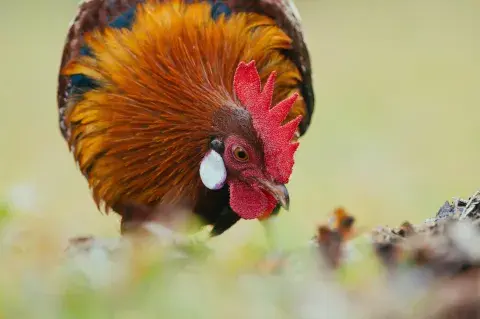
Shannon Choquette, Outreach Coordinator of NRRA municipal member Northeast Kingdom Waste Management District in Vermont, spoke with NRRA recently about their successful food scraps composting program. In addition to managing solid waste and recycling, they assist in collecting totes of food scraps from 23 Vermont communities, and then sending those scraps to farms to be composted. The goal is to reduce tonnage going to Vermont’s landfill.
Some of these community-to-farm partnerships go back to 2007, when the district started a pilot project to offer food scrap collection at recycling centers, providing an easy drop-off location for residents to voluntarily dispose of food scraps. This program was easy to start, since NEKWMD’s truck drivers visit the recycling centers weekly to collect recyclables. The drivers were trained to safely pick up the totes and pre-screen them for contaminants.
The program, which now reaches north to Jay, VT and south to Corinth, VT was voluntary up until last year. As of July 2020, Vermont state law banned food scraps from its municipal solid waste and all communities needed an alternative for their food waste. In the past six months, NEKWMD has doubled the material they are collecting, from 30-35 to 60-70 totes weekly (1 tote= 48 gallons).
The food scraps are brought to and stored at the Lyndonville recycling center, where the material is collected twice per week and delivered to Cloud’s Path Farm in Sheffield, VT for composting. Cloud’s Path is a 65-acre farm. They have incorporated chickens into the composting process for the past 16 years to create an end product that benefits their fields. They have a year-round practice that rotates the composting process to different areas of their farm by moving their flock of 1,000 chickens. They do not sell their compost.
When asked to identify the champions of this program, Shannon offered that the facility attendants are the real stars. They can make a facility warm with welcoming signs and make the process easy for residents to understand the food waste drop-off process. “The key to starting a food scrap program in your community is to engage the leadership in a community-driven project. It also helps to have motivated volunteers!”
The program is free for residents of the NEKWMD communities, which also helps the program be successful. For more information, visit http://www.nekwmd.org/compost.html
